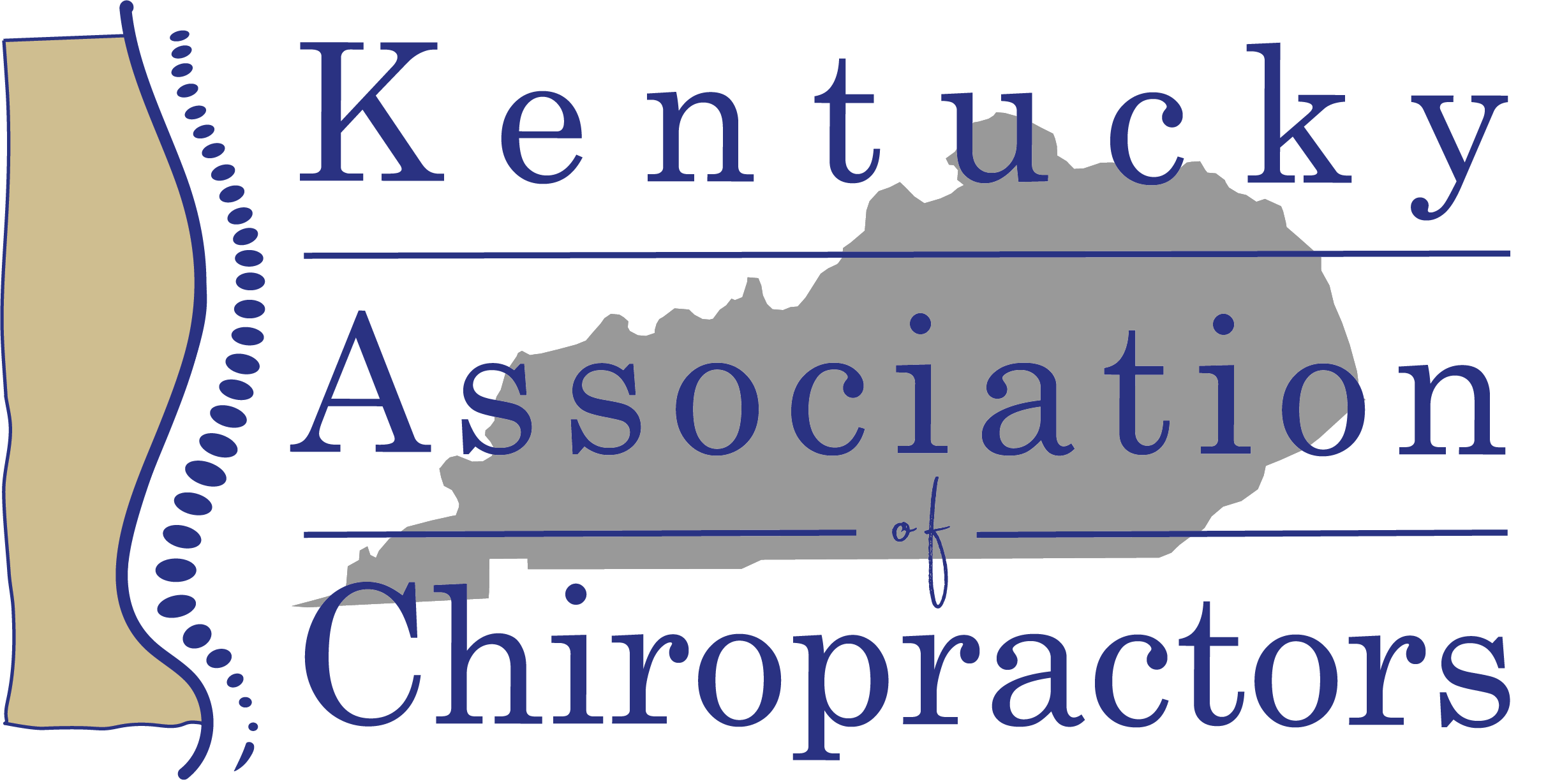The problem with the word “compliance” is that it can have many meanings. For example, a quick look around the EHR marketing landscape shows us how the word compliance is thrown around like quarters in an arcade. When in reality, the term compliance should be related to a process that is ongoing rather than a static object. But this doesn’t stop vendors from using the word compliance to either scare you or throw you a life-line.
So, what does it mean when the salesperson tells you their software is “compliant”? And how can you know if that’s a true statement?
First, it might mean that the software you bought is Medicare Compliant. But, does that mean you could pass a Medicare audit? Let’s understand that the quality of your notes has nothing to do with whether or not your system was certified as compliant for the stimulus rebate. This is where use of the word compliance gets muddy.
If I were to assess the “compliance-ness” of an EHR, I would want to know the answer to 3 questions:
1. Does your EHR calculate the length of time my patient is medical necessity?
Your EHR should be able to inform you of how long you’re billing insurance in order to reduce the chance of an audit. The reason for this comes from something called “The 60 Day Rule.” Now, if you’ve never
heard of it before, don’t feel bad. I only heard of it while working with a client during an Administrative Law Judge hearing for a Medicare appeal.
This rule matches the 2009 OIG report on chiropractic documentation that claims 100% of all records reviewed were NOT medically necessary after the 24th visit. The number of 24 visits comes out to 60 calendar days if you see the patient 3 times per week. The judge came out to say that if you’re averaging more than 60 calendar days billing Medicare, this increases the chances you have claims denied or are placed into an audit.
2. Does your EHR warn me if I forget to change the Box 14 date to match the latest exacerbation?
Over the past few months of increased audits from Medicare, the number one issue I’ve seen is that the doctor or staff forgot to update the box 14 date on the CMS1500 form to inform the carrier that the care was related to a new issue or onset. If not caught at the right time, this may cause claims to be denied or cause an audit after payment has been made. And, if caught after the fact, it is extremely hard to get a review nurse to acknowledge that this was simply a “clerical” error.
3. Does your EHR check to make sure I am using wellness care codes at the right time?
Whether you think you’re a cash practice or an insurance-based practice, the correct coding of the patient encounter is actually a risk management issue because how you code should not be based on who the payor is.
For example, if you’re seeing a patient for wellness care, the correct code is S8990 and not 98940. This is a big issue for any practice because wellness care is not usually reimbursable by the carrier. But, if you’re giving a patient wellness care and coding it as 98940, when the carrier finds out they will ask for money back. I’ve seen this for both out-of-network and in-network providers.
In the end, there is no such thing as a perfectly “compliant” EHR system.
All of these compliance actions must be performed by the doctor or staff manually or you have to have your EHR system customized in order to have these happen automatically. For example, over the years we’ve had several doctors come to us with audits because their system billed insurance when the patient was in wellness care and the staff didn’t catch the claims before they went out.
One simple fix is to have your office train all staff on the practice’s compliance manual so that everyone knows what standards the office uses for medical necessity, coding and documentation. Implementing a compliance manual will help show your office is working towards the elimination of improper claims and other errors by recognizing errors and documenting the corrective action.
Using a reputable EHR system can also have a financial benefit. Many malpractice insurance carriers will offer premium discounts to policyholders who use EHR. For your practice and your patients, a great EHR system and a well-implemented compliance manual can make a big difference.

To learn more about ChiroPreferred, click here!

Dr. Davila graduated from Palmer College of Chiropractic and then ran 3 successful practices in South Carolina. Since 2000, Dr. Davila has been training doctors and staff on federal and state insurance compliance as well as working with several chiropractor colleges to improve compliance education. He is considered a foremost expert and has consulted for Axis Healthcare, Blue Cross Blue Shield of South Carolina, American Specialty Health Network, Colonial Life, and others. He also served on the American Chiropractic Association’s Medicare Advisory and Blue Cross Blue Shield Blue CHIP Committees.



